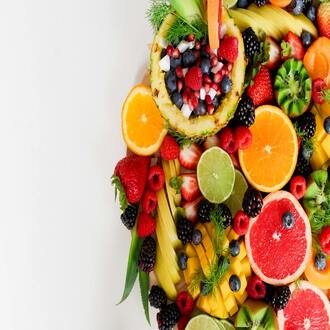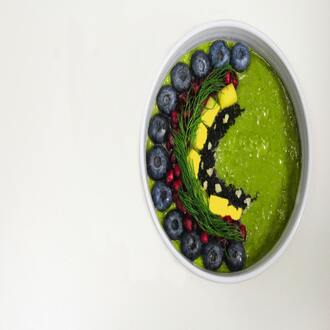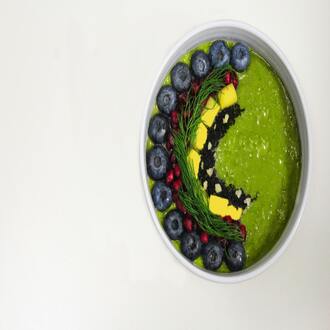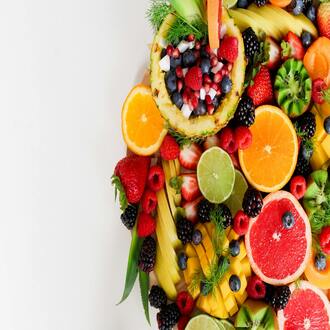Transcription Vegetable protein
Regarding the vegetarian diet there are many issues that are often ignored. There are many people who question the non-existence of protein in this style of eating, so they do not understand how a person can live without eating meat. The truth is that this is the result of misinformation, and it is logical that, if you believe that you can only get protein, naturally, by eating meat, you do not understand how a vegetarian satisfies the consumption of this important nutrient.
This is where vegetable protein comes in. We propose you to delve into the following guide, where we will delve into the most important aspects of this type of protein, what it consists of, where it can be found, its importance and distinctive elements. This topic will be of vital importance if you intend to start a vegetarian diet and want to make sure that it does not present a protein deficit that could be detrimental to your health.
What is vegetable protein?
Vegetable protein comes from plants and is highly beneficial for the proper functioning of different organs, standing out for its low fat content. It also has important characteristics, such as its high fiber content and lack of cholesterol. In general terms, like animal protein, it is composed of several amino acids that play a crucial role in numerous vital functions of our organism.
In which foods is it present?
Among the plant foods richest in protein are lentils, soybeans and chickpeas. In general, legumes are excellent sources of vegetable protein. Cereals also offer good levels of protein; examples include rice, wheat, oats and corn. In addition, nuts, such as walnuts and almonds, are another vegetable source that is notably rich in protein.
Why is protein important?
Protein is essential for the human body. This nutrient plays a fundamental role in the growth and development of our body. To give you an idea, protein contains amino acids that are essential for life; if these are scarce in the body, the consequences would be devastating for our health. Regarding this composition of amino acids to which we referred, the greatest controversy arises concerning vegetable protein. The truth is that although animal protein has mostly all the amino acids we need in a single food source, with vegetable protein there are usually marked differences.
To get an idea of the above, by eating fish, red meat, poultry, among others, we would be accessing a complete source of protein, which includes all the amino acids you need; on the other hand, by consuming vegetable protein sources we would be partially accessing these amino acids. Next we will go deeper into this aspect.
Amino acids in vegetable protein: Having said this, when consuming a certain source of vegetable protein, except for soy and quinoa, we are not providing all the amino acids that our body needs, so we would be presenting dangerous deficiencies for our health. This can be solved in a simple way without the need to include these two elements in all our meals. Here we must resort to the combination of diverse sources that allow to complement the absence of certain amino acids that they present among themselves.
That is why we always insist that nutrition is a matter of planning and discipline, it is not enough to eat healthy, it is necessary to understand that a diet must be balanced, enjoyable for our body and efficient in the macronutrients it provides.
Therefore, if you do not have the necessary knowledge to plan your diet in detail, we recommend you to go to a specialist who can help you with this arduous task.
protein vegetable




